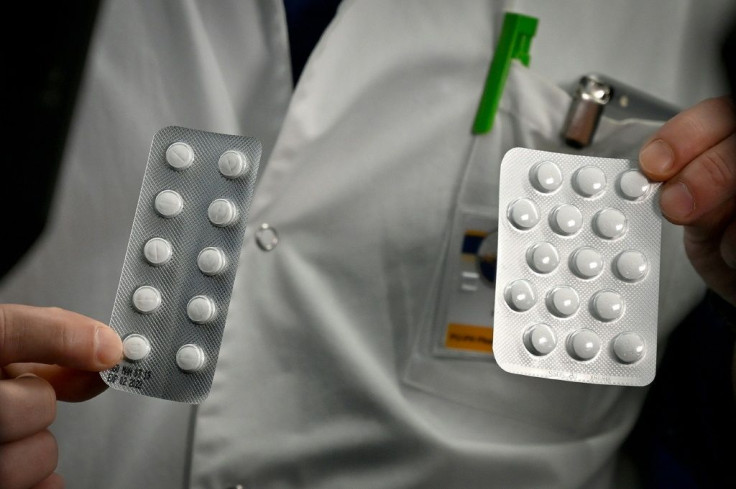Coronavirus Treatment: WHO Confirms Some Drugs 'Impact' Length, Severity Of COVID-19

KEY POINTS
- The World Health Organization took aim at chloroquine when it told countries last week to stop using medicines not proven effective against COVID-19
- It seemed to reverse itself Monday by conceding some drug cocktails, might have some impact on SARS-CoV-2
- It then reiterated "there’s no proven effective therapeutic or drug against COVID-19"
The World Health Organization (WHO) is conceding some existing drugs, as well as some drug cocktails, might have some impact on SARS-CoV-2 (severe acute respiratory syndrome coronavirus 2), the virus that causes COVID-19.
The announcement follows a WHO warning made last Friday urging countries to stop using medicines not proven effective against COVID-19. While WHO didn't specify any specific drug, health experts said the warning was directed against an unproven COVID-19 "cure" consisting of the anti-malarial drug chloroquine combined with azithromycin in what's called a drug cocktail.
Chloroquine has been flying-off pharmacy shelves in some countries, including in Africa, after president Donald Trump touted the drug as a readily available cure for COVID-19, despite repeated warnings from doctors the disease has no known drug cure. WHO officials remind the public chloroquine hasn't undergone rigorous clinical trials to prove its safety and efficacy.
Dr. Mike Ryan, executive director of WHO’s health emergencies program, said there is “some preliminary data from non-randomized studies, observational studies, that indicate some drugs and some drug cocktails may have an impact."
“A number of drugs” have shown promise in treating other coronaviruses, including SARS and MERS, that may be helpful in fighting COVID-19, according to Dr. Ryan. He pointed out some of these drugs might impact the length of disease, while others might impact the severity of disease.
“Some of those drugs may impact the length of disease, some may impact the severity of disease and the dosages of those drugs when they’re given to what patient at what stage of the disease has not been standardized,” Ryan said.
He clarified, however, "there’s no proven effective therapeutic or drug against COVID-19."
Dr. Ryan also said it's very important to note drugs such as chloroquine "are very, very needed for the treatment of other diseases and that we don’t see a situation where people who need those drugs for the treatment of other diseases cannot access them because people are buying them up and using them."
Incidents confirming this fear were reported by media as some patients using chloroquine for other sicknesses report pharmacies being unable to fill their prescriptions because shelves were sold out, while some are being used in clinical trials.
Chloroquine is receiving a lot of attention after a small study involving only COVID-19 patients found most patients taking the drug cleared the coronavirus from their system a lot faster than the control group. Adding azithromycin, or Z-Pak, to the mix “was significantly more efficient for virus elimination,” said the study published March 17 in France.
© Copyright IBTimes 2025. All rights reserved.





















